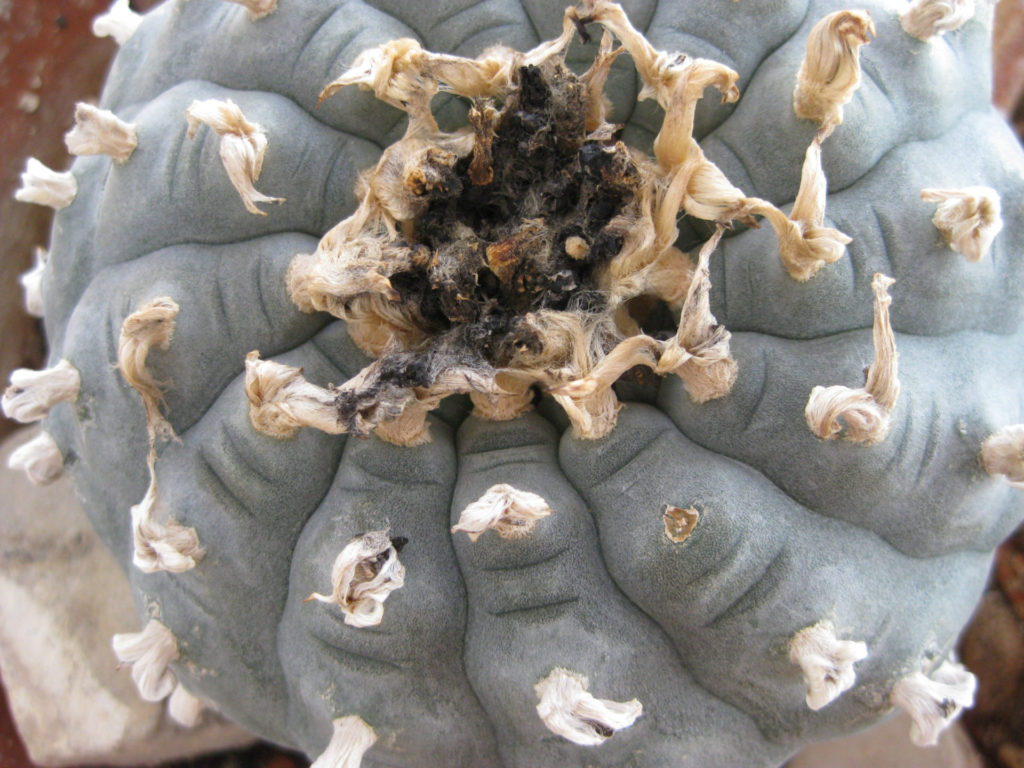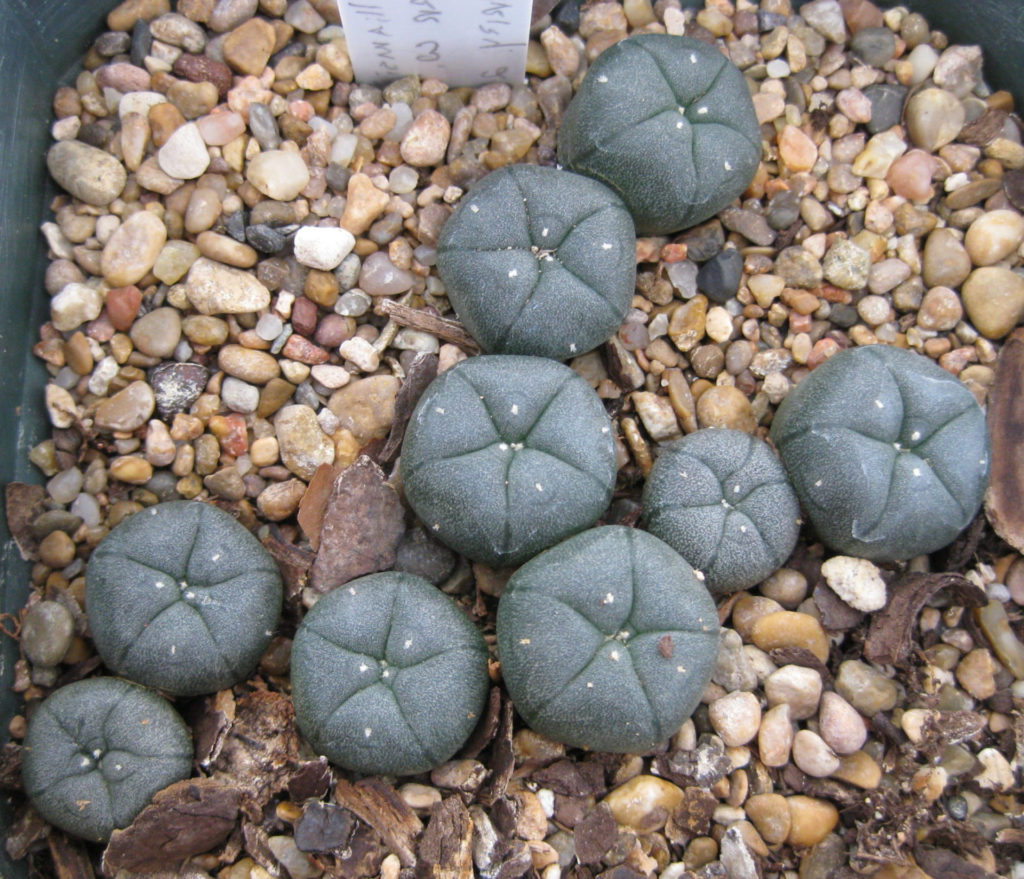Recently we submitted a letter to Senator Wiener‘s office voicing our support for cultivation of peyote. Several issues have been brought to our attention that have caused us to clarify our stance. One is that, unknown to us, Native American Church Leadership is working on the legal pathways to support the conservation of peyote, including cultivation, repopulation of native habitats, and education by Native Americans. The other issue regarded some inappropriate wording on our part.
Cactus Conservation Institute has long held and voiced our belief that the Native American Church should control its own destiny — including in regard to cultivation. Unfortunately, our letter to the Senator’s office was interpreted by some to indicate that CCI was independently attempting to dictate to the Native American Church how to approach and conserve their sacred medicine. It has been made known to us that many felt it was hurtful. We are deeply sorry for our own missteps and any offense we have caused and wish to reiterate our dedication not only to the conservation of peyote, and other threatened and endangered cacti, but also to the cultural and religious rights and interests of the Native American Church.
It is not our intent to dictate that NAC members should cultivate peyote, only that they should be able to cultivate it themselves, should that be their desire, and not rely upon others to do so.
We would also like to clarify some points of misunderstanding that are incorrectly being promoted online. Based on our original letter, which has since been amended, it has been claimed that CCI is a supporter of decriminalization. It has been our long-standing policy not to make political statements or to take political positions as neutrality best serves our interests and ability to engage in conservation of threatened and endangered cacti. Our comments on cultivation are the first exception. CCI takes no position on the aims or political goals of Decriminalize Nature and has no official stance on decriminalization for personal use.
Another misunderstanding has led to a claim that CCI intends to create or operate peyote greenhouses. CCI has no interest in engaging in cultivation, either through management, oversight, or any other manner. While we believe cultivation can be an important conservation tool and will continue to publish research related to cultivation, cultivation itself falls outside the purview of CCI’s mission and activities as a non-profit organization.
The circulation of this claim appears to be based on a misunderstanding of our paper exploring the logistics and production capacities of greenhouse cultivation. This paper was intended as an example to help people grasp what is involved with producing enough plants to satisfy current demand for ceremonial use and to help them visualize how many plants are involved for cultivation to be sustainable. Without the proper context and details it can be difficult to grasp what it means to cultivate a million plants or what is involved in a rotating sustainable harvest of a million or even millions of plants. We stand by these estimates.
The numbers presented in that paper are useful not just for examining a greenhouse scenario producing a million plants but for examining wild harvesting as well. The footprint can easily be increased from greenhouse spacing to an average spacing of a healthy wild population. This can give a nice estimate of how many square miles of habitat will be required for sustainable harvesting using good harvesting practices and a fully informed harvesting rotation. By the latter comment, we mean that the prior harvesting history of a given field is known to the harvester. This concept is invaluable; without knowing how many plants are needed to fulfill the needs of the Native American Church and without an ability to make plans accordingly, there is a risk of falling short.
It is also worth clarifying the who and what of CCI. We should first start with what CCI is not. CCI is not a government agency and is not involved in policy making or the creation or implementation of government regulations. CCI is a 501(c)(3) educational organization. CCI engages in research and shares its observations, research findings, thoughts and evidence-based suggestions with parties invested in the preservation of at-risk, threatened, and endangered cacti, including peyote, and does so at no charge.
CCI offers one voice and one view in a field where there are multiple. It is to be expected that in any field where multiple perspectives are held, or are possible, that disagreement will occur, particularly when there are cultural and ontological differences. There is also opportunity for discovering common ground and collaboration that draws on the expertise, views, and values of multiple stakeholders. As a conservation-based organization, CCI prioritizes its mission of conservation and believes that advocating for conservation is where the expertise and experience of CCI is best applied.
For the sake of clarity, CCI would note that conservation of peyote does not imply that people should not have access to peyote for religious ceremonies. Rather, it requires that there be enough peyote to support both religious custom and the future vitality of the cactus in its native habitat. In this regard, discussions about sustainable wild harvesting and about the logistics of greenhouse production are important parts of CCI’s activities. The actual details of how peyote cultivation greenhouses are created and operated are not within CCI’s mission. Decisions and details relating to these activities are (and should be) entirely under the direction of the people doing so.
In closing, CCI would like to make clear that CCI supports the full autonomy of the Native American Church. Efforts towards cultivation by the Native American Church should be celebrated. Most importantly, the autonomy of the Native American Church as a religious organization arising from sovereign federally recognized tribes should be recognized and respected. America’s Indigenous peoples (those recognized and those not) must be allowed to chart their own course.
We forward to future productive dialogue with those interested in the preservation of peyote and related cacti.


